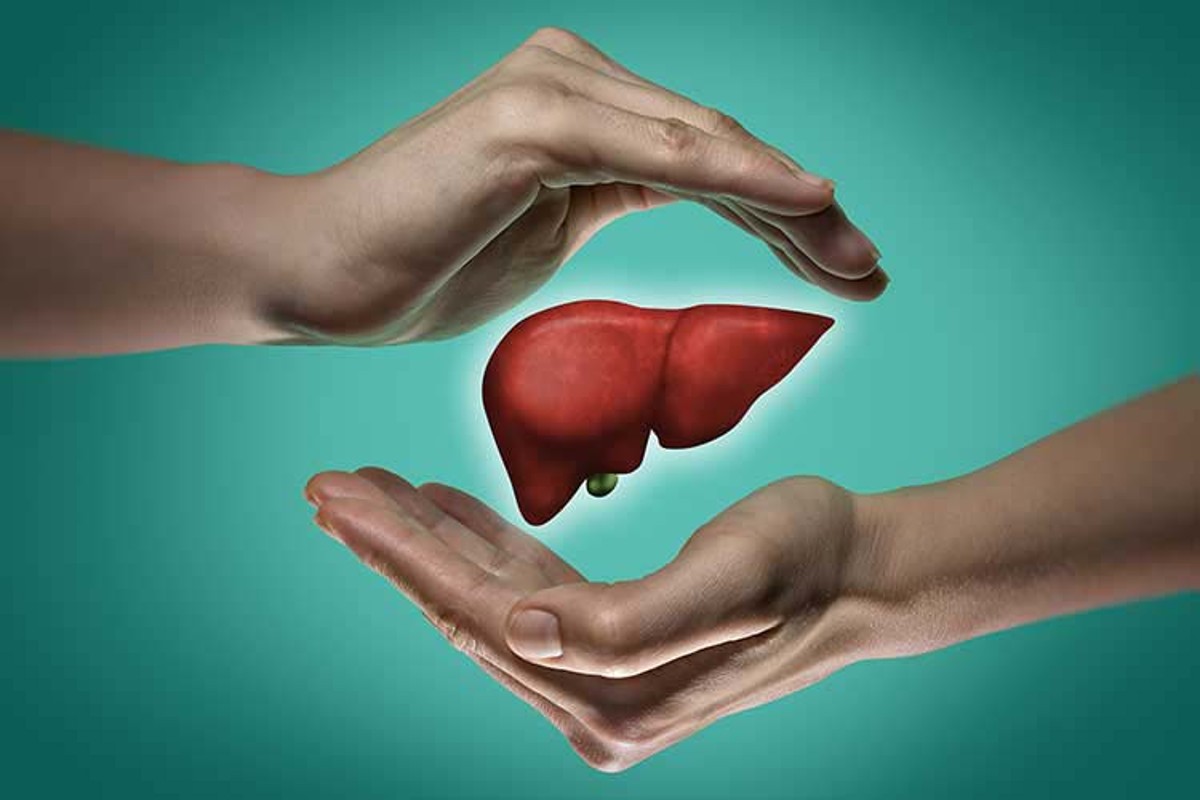Understanding the Role of a Mental Health Technician: A Vital Support System in Healthcare
Mental health is an integral part of overall well-being, yet it is often overlooked or misunderstood. In healthcare settings, mental health technicians play a crucial role in helping individuals manage mental health conditions and achieve a better quality of life. These dedicated professionals work closely with individuals experiencing a variety of mental health disorders, providing support, care, and guidance.
In this article, we’ll explore the role of a mental health technician, their responsibilities, required qualifications, and the impact they have on both patients and the healthcare system.
What is a Mental Health Technician?
A mental health technician (MHT), also known as a psychiatric technician or behavioral health technician, is a professional trained to support individuals with mental health conditions. These technicians work under the supervision of mental health professionals, such as psychiatrists, psychologists, or registered nurses, to assist with daily activities and manage patient care in settings like hospitals, psychiatric units, residential treatment centers, and outpatient clinics.
The primary goal of a mental health technician is to provide direct care to patients, ensuring they feel safe, supported, and respected. This includes monitoring patients’ behavior, assisting with therapy sessions, and helping patients cope with their emotions in a therapeutic environment.
Key Responsibilities of a Mental Health Technician
Mental health technicians play an essential role in patient care. Their tasks may vary depending on the setting, but common responsibilities include:
-
Patient Observation and Monitoring: MHTs are responsible for closely observing patients to assess their physical and emotional states. They monitor changes in behavior, moods, and overall mental health, which helps inform treatment plans and allows healthcare providers to make necessary adjustments.
-
Assisting with Daily Living Activities: Mental health patients may need assistance with basic activities such as eating, dressing, bathing, and maintaining personal hygiene. MHTs provide support in a way that fosters independence and dignity for patients.
-
Facilitating Therapy and Treatment Plans: Mental health technicians often assist therapists or psychologists by engaging patients in therapeutic activities, such as group therapy or individual counseling. They may also help patients adhere to their medication schedules, making sure they take prescribed drugs at the right times.
-
Crisis Intervention: In crisis situations, MHTs are trained to manage challenging behaviors, de-escalate tense situations, and ensure patient safety. They may intervene during aggressive episodes, helping to calm the patient down and prevent harm to themselves or others.
-
Reporting and Documenting: Accurate documentation is crucial in healthcare settings. Mental health technicians document patients’ progress, behavioral changes, and any notable incidents. These reports are then shared with the rest of the healthcare team to inform ongoing treatment.
-
Providing Emotional Support: Mental health technicians are often a source of comfort for patients, offering emotional support during difficult times. By building trust and rapport, they can help patients feel more comfortable, easing their anxieties and fears.
Education and Training Requirements
Becoming a mental health technician typically requires a combination of education, training, and hands-on experience. While exact requirements may vary by state or country, most mental health technicians need:
-
Education: A high school diploma or equivalent is usually the minimum requirement. However, many employers prefer candidates who have completed postsecondary education in psychology, social work, or a related field. Some technicians may pursue a specialized certification or associate degree in mental health or psychiatric technology.
-
Certification and Licensing: Depending on the region, mental health technicians may be required to obtain certification to practice. For example, in the U.S., some states require certification through organizations such as the American Association of Psychiatric Technicians (AAPT). This certification typically involves passing an exam and maintaining continuing education credits.
-
Training: Mental health technicians typically undergo on-the-job training, which prepares them for the specific needs of their patients. They may also receive training in areas such as crisis management, communication skills, and patient privacy regulations (such as HIPAA in the United States).
Skills Needed to Be a Successful Mental Health Technician
A successful mental health technician must possess a variety of skills, including:
-
Empathy and Compassion: Being able to understand and share the feelings of others is essential. MHTs must be compassionate and patient when working with people who may have complex emotional needs.
-
Strong Communication Skills: Mental health technicians often interact with patients, families, and the healthcare team. Effective communication is critical in conveying important information and ensuring that patients receive the care they need.
-
Problem-Solving Abilities: In cases of crisis or behavioral changes, mental health technicians must think on their feet and find quick, effective solutions to prevent escalation or harm.
-
Physical Stamina: Many MHTs work long shifts and may need to assist patients physically. Having physical stamina and the ability to handle physically demanding situations is important.
-
Cultural Sensitivity: Mental health professionals must be aware of cultural differences and treat all patients with respect, understanding that various cultural beliefs may influence treatment and perceptions of mental health.
The Impact of Mental Health Technicians
Mental health technicians play an essential role in improving the lives of individuals with mental health disorders. Their hands-on approach to care allows patients to navigate daily challenges while maintaining dignity and respect. In many cases, the support and emotional reassurance provided by mental health technicians can help patients regain confidence and work toward recovery.
Additionally, MHTs help alleviate the workload of primary mental health providers, such as psychologists or psychiatrists. By managing day-to-day care, they allow clinicians to focus on more specialized aspects of treatment, leading to more efficient and effective healthcare delivery.
read more articles on our website
Conclusion
Mental health technicians are a vital part of the healthcare system, offering direct support and compassionate care to those struggling with mental health issues. They are often the first line of contact and the steady presence that helps patients navigate some of the most challenging times in their lives. If you’re interested in a career that combines healthcare with meaningful human interaction, becoming a mental health technician could be a fulfilling path. Their work is a constant reminder that compassionate care is at the heart of all effective healthcare practices.




Fascinating analysis! The depth of your writing mirrors what Sprunki OC Real offers creators. For groundbreaking music making, discover Sprunki OC Real – it’s redefining creative expression. The Sprunki OC Real platform is remarkable.